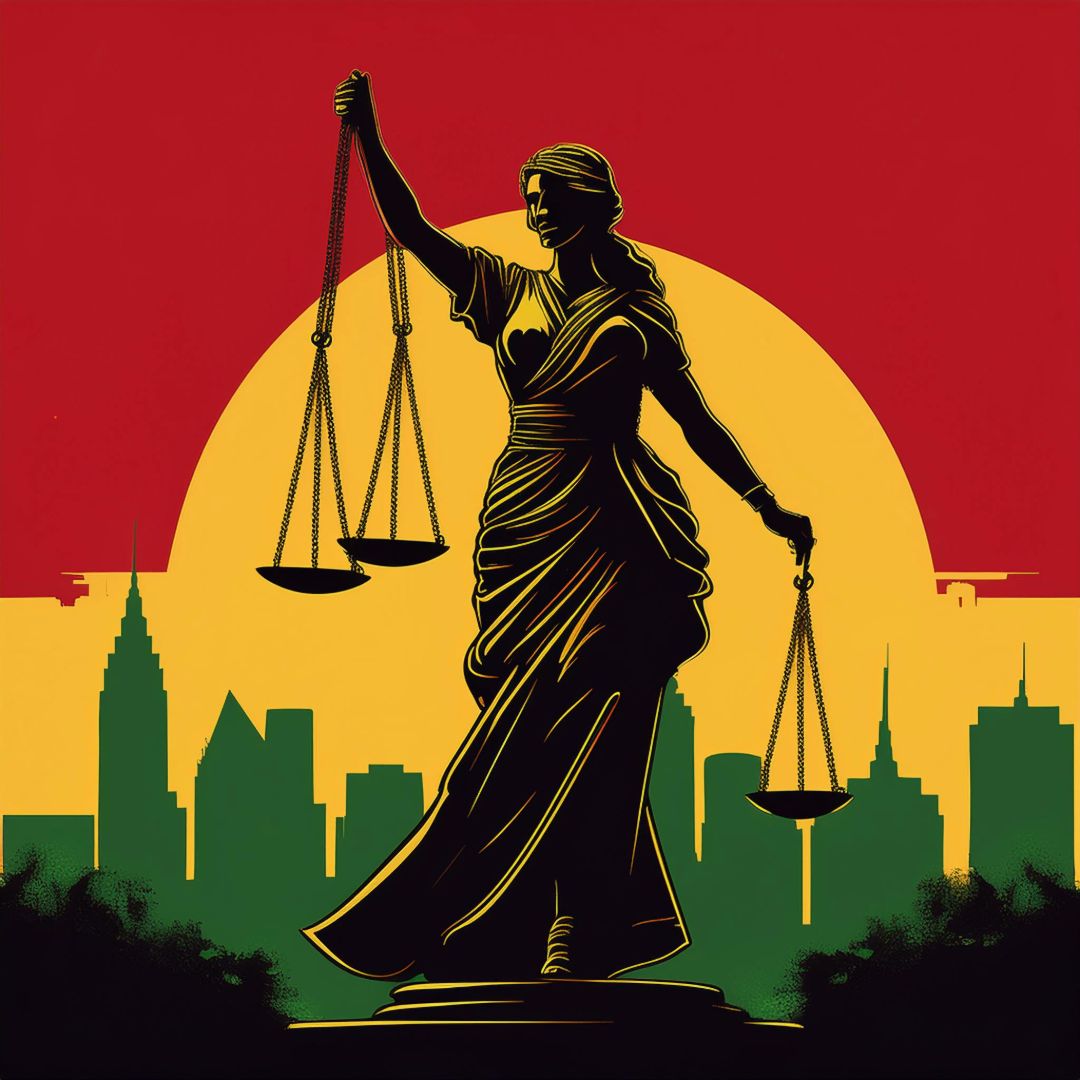
Each February, Black History Month serves as a time to honor the achievements, resilience, and contributions of Black Americans throughout history. Charlotte, a city rich with cultural heritage and historical significance, has played a crucial role in the fight for civil rights and legal progress. From landmark protests to groundbreaking legal battles, the Queen City has been a cornerstone of change, fostering leaders who have reshaped the legal landscape and advanced the cause of justice.
Charlotte’s legal history is deeply intertwined with Black history, particularly in the fight for civil rights. Pioneering Black attorneys such as Julius Chambers, a fearless civil rights lawyer, fought against segregation and systemic discrimination, taking cases all the way to the U.S. Supreme Court. His work with the NAACP Legal Defense and Education Fund led to major victories that helped dismantle racial barriers in education, employment, and public services. Another trailblazer, James Ferguson II, co-founder of the law firm Ferguson Chambers & Sumter, played a pivotal role in defending activists and pushing for equal rights under the law. Leaders like Sarah Stevenson, the first Black woman elected to the Charlotte-Mecklenburg School Board, and Kelly Alexander Sr. , former chairman of the North Carolina NAACP board of directors, were instrumental in advocating for policy changes that shaped the legal and educational systems in Charlotte.
At Lord & Lindley, we recognize the importance of continuing the legacy of advocacy and justice. The legal profession has a responsibility to uphold fairness and equity, ensuring that every client has access to just representation. By acknowledging Charlotte’s legal history and its connection to black history, we reaffirm our commitment to justice and stand on the shoulders of those who paved the way for equal rights under the law. Their work reminds us that the pursuit of justice is ongoing, and as legal professionals, we must remain dedicated to this cause.
As we reflect on this month, it is essential to continue learning, advocating, and taking action. Supporting Black legal professionals, engaging in community initiatives, and promoting policies that foster justice are ways we can honor the past while working toward a more equitable future. Charlotte’s legal community has made great strides, but there is always more work to be done. By remembering the past and striving for progress, we ensure that the legacy of Black history remains a living force in our city and legal system.
